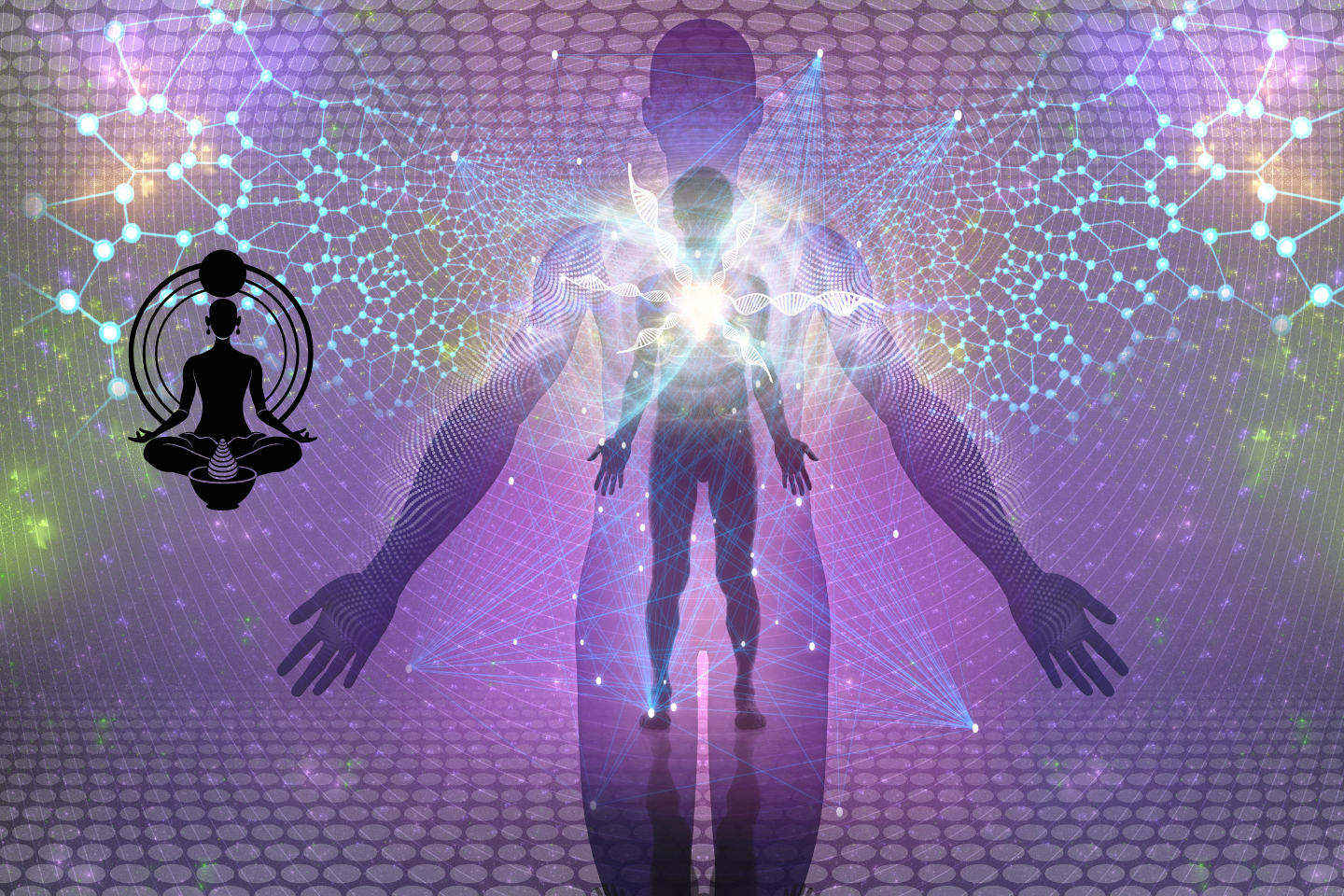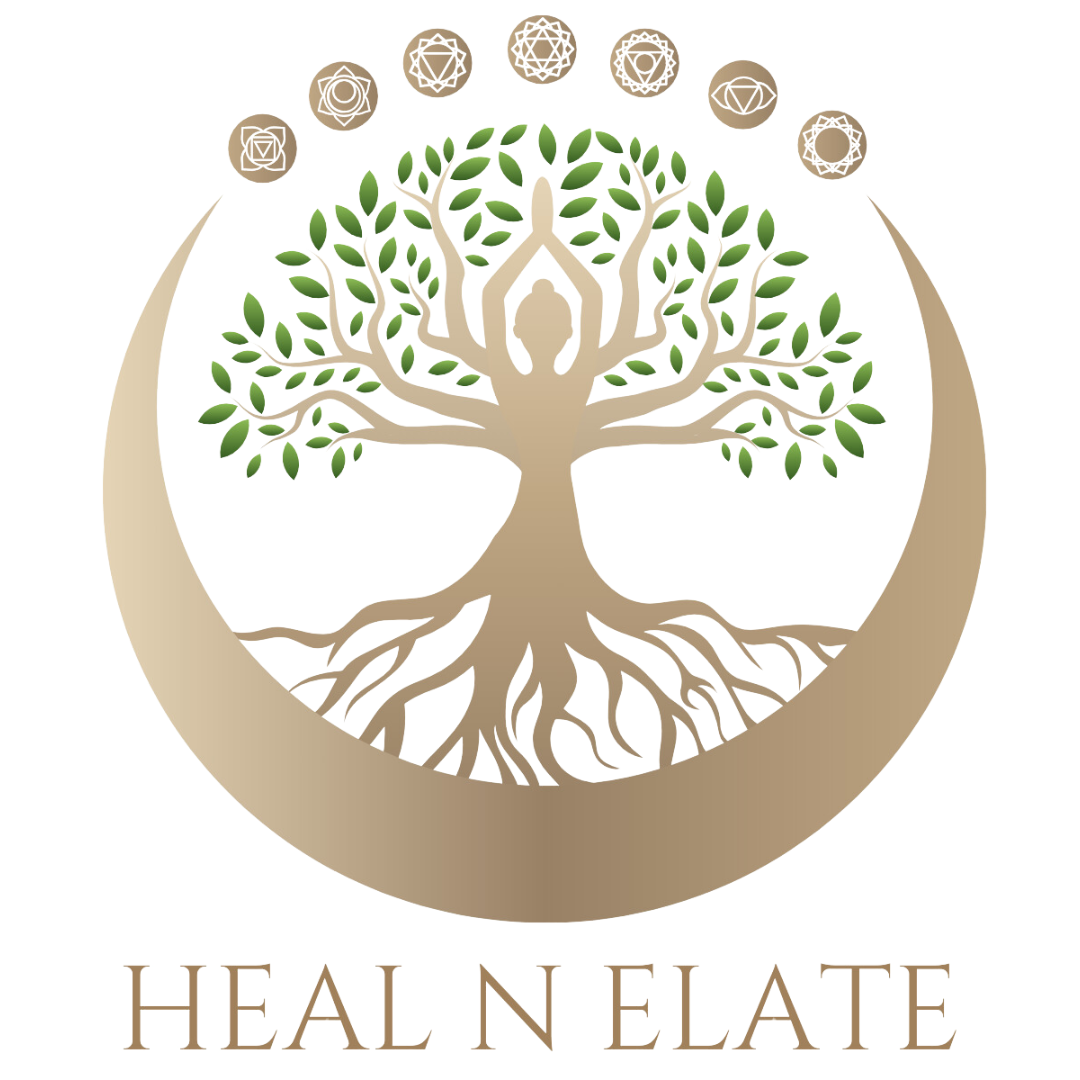Holistic healing is more than just a treatment approach; it’s a lifestyle that considers the mind, body, and soul as interconnected parts of a whole. The concept of holistic healing recognizes that our physical, mental, and spiritual well-being are deeply linked, and when one aspect of ourselves is neglected, it can impact every other area. This approach seeks to address the root causes of health issues, rather than just the symptoms, aiming to bring balance and harmony to the entire system.
For many, the journey of holistic healing begins with the mind. Stress, anxiety, and unresolved emotions can manifest as physical ailments over time, impacting everything from immune function to sleep quality. By nurturing mental health through practices like meditation, mindfulness, and therapeutic techniques, individuals can clear mental clutter, gain insight into their inner world, and cultivate a sense of peace. When the mind is calmer, the body tends to relax, allowing healing to unfold naturally. This connection between mental and physical health is fundamental to holistic healing.
The physical body is an essential component of holistic wellness, and practices like yoga, acupuncture, and nutritional therapy address it directly. Physical movement, whether through gentle stretching, strength-building, or energy-alignment exercises, promotes circulation, releases tension, and enhances energy flow. A balanced diet also plays a critical role in holistic health, providing the body with the nutrients needed for cellular repair, energy, and immunity. When our bodies are cared for, we experience more energy, vitality, and resilience, which positively influences our mental and spiritual well-being.
Addressing the soul is perhaps the most transformative aspect of holistic healing. Spiritual wellness is a personal journey, unique to each individual, but practices such as meditation, energy healing, and connecting with nature can nurture the soul. A strong connection with one’s inner self fosters a sense of purpose, gratitude, and peace, allowing people to live in alignment with their true essence. Spiritual growth often leads to profound changes in perspective, promoting compassion, empathy, and a desire to live in harmony with others.
Holistic healing for total well-being is not a quick fix but a commitment to self-care that develops over time. By addressing each component—mind, body, and soul—holistic healing encourages a balanced, fulfilled life. Those who embrace this path often find themselves more resilient, adaptable, and centered, empowered to face life’s challenges with a sense of peace and confidence.






